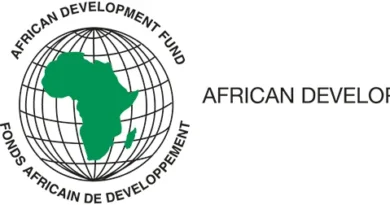Zambia Urged to Strike Balance in SME Tax Policy to Safeguard Economic Growth
Economic Analyst Kelvin Chisanga has called for a more balanced and supportive approach to taxing Small and Medium Enterprises (SMEs), warning that rigid tax policies could undermine Zambia’s economic stability and entrepreneurial spirit.
In a press statement issued today, Chisanga acknowledged the government’s efforts to broaden the national tax base and enhance domestic revenue mobilization. However, he cautioned that aggressive or poorly designed tax measures targeting SMEs could lead to serious unintended consequences.
“While increasing tax compliance is essential for fiscal health, policies that do not reflect the operational realities of SMEs may threaten their survival,” Chisanga stated.
SMEs contribute more than 70% of Zambia’s employment and are critical to rural livelihoods, innovation, and food security. Yet, most operate with limited capital, inconsistent market access, and narrow profit margins—conditions that make them highly vulnerable to uniform or flat-rate tax structures.
“Applying the same tax obligations across all SMEs, without differentiation, can stifle entrepreneurship and fuel a retreat into the informal sector,” Chisanga warned.
He urged the government to adopt a gradual, incentive-driven tax strategy that encourages compliance without crippling growth. His recommendations include:
- Clear thresholds and exemptions for micro-enterprises;
- Tax incentives for newly registered businesses;
- User-friendly digital compliance systems; and
- A transparent reinvestment of tax proceeds into SME infrastructure and support services.
Mr. Chisanga emphasized that trust and partnership between the government and business owners are vital to the success of any tax reform.
“The true measure of success is not how many are taxed, but how well those taxed are supported to grow and thrive,” he said.



